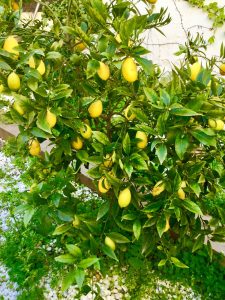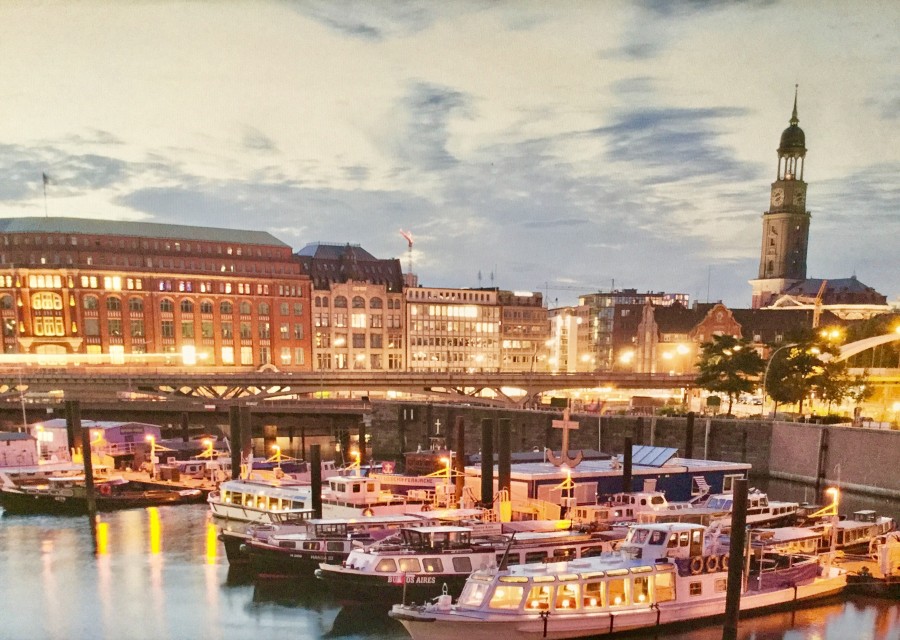
People often ask us how many people have come to Christ as a result of our ministry in Germany. My answer: “All of them, I hope! But perhaps not in the way you think.” When we talk about evangelism, we often say the main “goal” or mark of success is the conversion of an unbeliever. That way of thinking is dangerous. First, only God knows what is in the heart and mind of a person. It is not our job to convert people. It is our job to love people well. During a teaching Mark Severson gave at the Euro-retreat, he said, “Evangelism is caring for people in such a way that brings them closer to God.” We hope that we have cared well for others during our time so far in Germany. Sometimes we are given opportunities to communicate the love of God through our words, but more often we do this through our actions. When we use our gifts to care well for others in the name of Jesus, we encourage them to take another step in faith.
Germany/Europe is a mission field unlike any other in the world. We are not serving in a country that has not heard the Gospel. Every single German child reads the Bible in school as a part of the regular curriculum. The protestant church was born in Wittenburg, Germany 500 years ago. Some of the best and brightest theologians came out of Germany. Germany has “been around the block” in regards to faith and spirituality. This is one of the reasons the spiritual landscape is so challenging. The spiritual “ground” must be broken up, nurtured and restored before it can once again become receptive to new growth. Our job as missionaries is to care well for that skeptical, hostile, and rocky soil. In doing this, we help people make room for God in their lives.
One Christmas, years ago, my parents gifted me with an indoor key lime tree. I was so excited! I thought I could use the limes to make key lime pies, Mexican dishes, and add fresh squeezed lime juice to drinks. I envisioned our small tree overflowing with ripe, delicious limes for the picking. The tree included detailed instructions for care. It said that year one, we should not expect any fruit. We should simply water it and keep it in direct sunlight to help it grow. Year two could hold potential for some fruit. Continue to follow step one during year two. Year three — now this would be a year to remember! Year three, our tree would become mature and bear many limes.
You can imagine our dismay when year three came and went without a single lime. Finally, during year FOUR, the first lime bud appeared. The lime was tiny, shriveled, and hard as a rock. We were disappointed. We had followed everything in the directions!
When it fell of the tree, Gabby, who was 2 at the time, played with it and lost it. That was the fruit of our labor, our caring for the tree, our waiting VERY patiently for fruit. One small, shriveled up, tiny, key lime. Which was now lost.
In many ways, this is what an outsider might see in terms of the fruit of our efforts in Germany. We invest a lot of time, energy and money for a small harvest. We might not have an abundant harvest of new believers in Germany, but we do see the wonderful fruit of many people being encouraged and growing in their faith. We see how our friends open up to us and ask us difficult life/faith questions and for prayer. We see the people who faithfully come to our monthly worship services. This is fruit. And, as we begin the long process of saying goodbye to our friends and acquaintances in Pinneberg, people surprise us by hugging us, getting teary-eyed, and explaining how much our friendship has meant to them. This is such dear fruit coming from a culture that rarely shows emotions.
Fruit can take many forms and right now, we are choosing to see all the ways God has used us these past three years. Although we often wish for more/bigger/better fruit, this is more reflective of our skewed consumerist mentality than it is the Gospel of our Lord. So, whether we are evaluating the fruit of a key lime tree, a ministry in Pinneberg, or you fill in the blank with a personal experience, God is producing fruit! We need only to ask him to give us eyes to see it.



One Response to Lime trees in Germany…